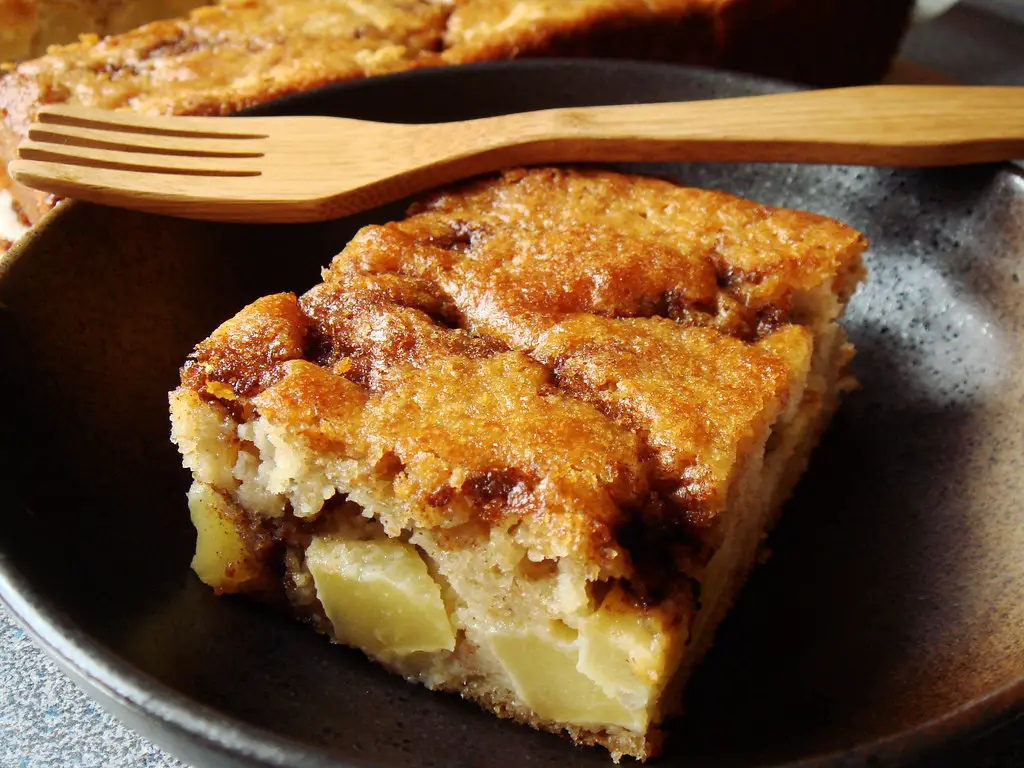Chia seeds have gained considerable popularity in the health and wellness community over the past few years, praised for their nutritional benefits and versatility in the kitchen. One of the questions that often comes up regarding these tiny but mighty seeds is whether they are low in carbohydrates, making them suitable for people following low-carb diets, such as the ketogenic diet. In this article, we will explore the carb content of chia seeds, their dietary fiber content, and how they fit into a low-carb diet.
What are Chia Seeds?
Chia seeds are small, black seeds from the Salvia hispanica plant, a member of the mint family. Originating from Central America, they were a staple in the ancient Aztec and Mayan diets. These seeds are known for their ability to absorb water and form a gel-like consistency, making them a unique ingredient for puddings, smoothies, and other recipes.
Nutritional Profile of Chia Seeds
Chia seeds are not only notable for their high fiber content but also for being rich in omega-3 fatty acids, antioxidants, vitamins, and minerals. A typical serving size of chia seeds, which is about two tablespoons (28 grams), provides a substantial amount of nutrients:
Calories: 137
Protein: 4 grams
Fat: 9 grams (of which 5 grams are Omega-3s)
Carbohydrates: 12 grams
Dietary Fiber: 11 grams
Calcium, magnesium, phosphorus, and manganese
Are Chia Seeds Low Carb?
To determine whether chia seeds are low in carbohydrates, it’s crucial to understand the difference between total carbs and net carbs. Net carbs are calculated by subtracting the grams of fiber from the total grams of carbs. Fiber is a type of carbohydrate that the body can’t digest, so it doesn’t raise blood sugar levels and is often excluded from “net carb” calculations on low-carb diets.
Given that a serving of chia seeds contains 12 grams of total carbohydrates and 11 grams of dietary fiber, this leaves only 1 gram of net carbs. This low net carb content makes chia seeds an excellent choice for low-carb diets.
Benefits of Chia Seeds in a Low-Carb Diet
The high fiber content in chia seeds can be particularly beneficial for those on a low-carb diet.
Fiber aids in digestion, helps maintain bowel health, and can keep you feeling fuller for longer periods, which can help with weight management. The omega-3 fatty acids in chia seeds are also beneficial for heart health and reducing inflammation.
How to Incorporate Chia Seeds into Your Diet
Chia seeds are incredibly versatile and can be added to a variety of dishes:
Chia Pudding: Combine chia seeds with a low-carb milk alternative and let them sit until they’ve absorbed the liquid.
Smoothies: Add a tablespoon of chia seeds to your low-carb smoothies for an extra nutrient boost.
Toppings: Sprinkle chia seeds over salads, yogurt, or low-carb cereals.
Baking: Use chia seeds as a replacement for eggs in baking recipes by creating a “chia egg” (1 tablespoon of chia seeds with 2.5 tablespoons of water, let sit for 5 minutes).
Chia seeds are indeed low in net carbohydrates, making them an excellent addition to a low-carb diet. Their high fiber content, along with a plethora of other nutritional benefits, makes them a valuable ingredient for anyone looking to enrich their diet. Whether incorporated into breakfasts, snacks, or meals, chia seeds can help enhance the nutritional profile of your diet while keeping your carb intake in check.
Beyond their low net carb content, chia seeds offer several other health benefits that align well with the goals of many following low-carb and ketogenic diets, further reinforcing their place in these dietary plans.
Supporting Weight Loss
Chia seeds can play a role in weight loss strategies, especially for those on a low-carb diet.
Their high fiber content contributes to a feeling of fullness, which can reduce overall calorie intake by minimizing hunger pangs between meals. Moreover, the process of absorbing water and expanding in the stomach may further enhance the feeling of fullness, helping to prevent overeating.
Blood Sugar Control
For individuals on low-carb diets, often a primary goal is the management or prevention of diabetes by controlling blood sugar levels. The low digestible carb content of chia seeds, coupled with their high fiber, can help moderate blood sugar spikes after meals. This is particularly beneficial for maintaining steady energy levels and preventing the highs and lows often associated with fluctuating blood sugar levels.
Heart Health
The omega-3 fatty acids in chia seeds, specifically alpha-linolenic acid (ALA), contribute to cardiovascular health, an aspect that’s especially important in the context of a low-carb diet that may be higher in fats. These healthy fats can help reduce inflammation, lower cholesterol levels, and decrease the risk of heart disease.
Bone Health
Low-carb diets sometimes lack in certain nutrients, including calcium and magnesium, which are vital for bone health. Chia seeds, being rich in both these minerals, offer a good source to complement such diets. A serving of chia seeds provides a significant portion of the daily recommendations for these essential nutrients, supporting bone density and overall skeletal health.
Hydration
Chia seeds’ ability to absorb many times their weight in water can also aid in hydration. This property is particularly useful for athletes or individuals following a low-carb diet, who might need additional hydration support. Incorporating chia seeds into foods and drinks can help maintain hydration levels, which is crucial for overall health and optimal physical performance.
Culinary Versatility
One of the greatest advantages of chia seeds is their culinary versatility, making them easy to incorporate into a low-carb diet without monotony. They can be used in both sweet and savory dishes, from thickening sauces and gravies without adding digestible carbs, to creating no-bake dessert options that satisfy sweet cravings without sugar.
Chia seeds are more than just a low-carb food; they are a nutrient-dense superfood that offers a wide range of health benefits. Their low net carb content, combined with their ability to support weight loss, blood sugar control, heart health, bone health, and hydration, make them an invaluable addition to a low-carb or ketogenic diet.
The nutritional profile of chia seeds, coupled with their versatility in the kitchen, allows for creative and delicious ways to incorporate them into the diet, ensuring that you can reap their benefits in a multitude of ways. Whether you’re looking to enhance the nutritional value of your meals, manage your weight, or simply enjoy a diverse and healthful diet, chia seeds are definitely worth considering.


















